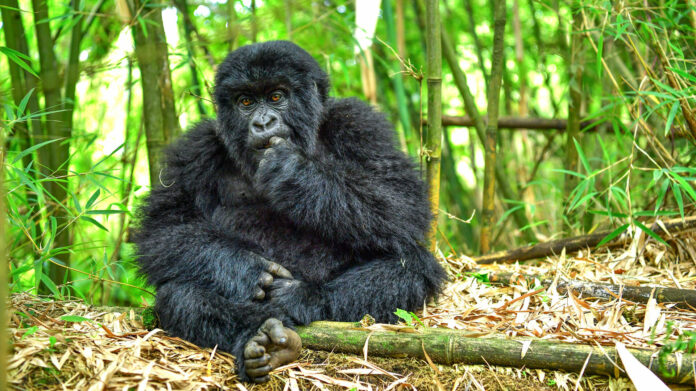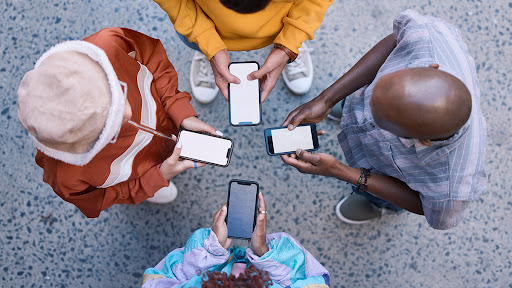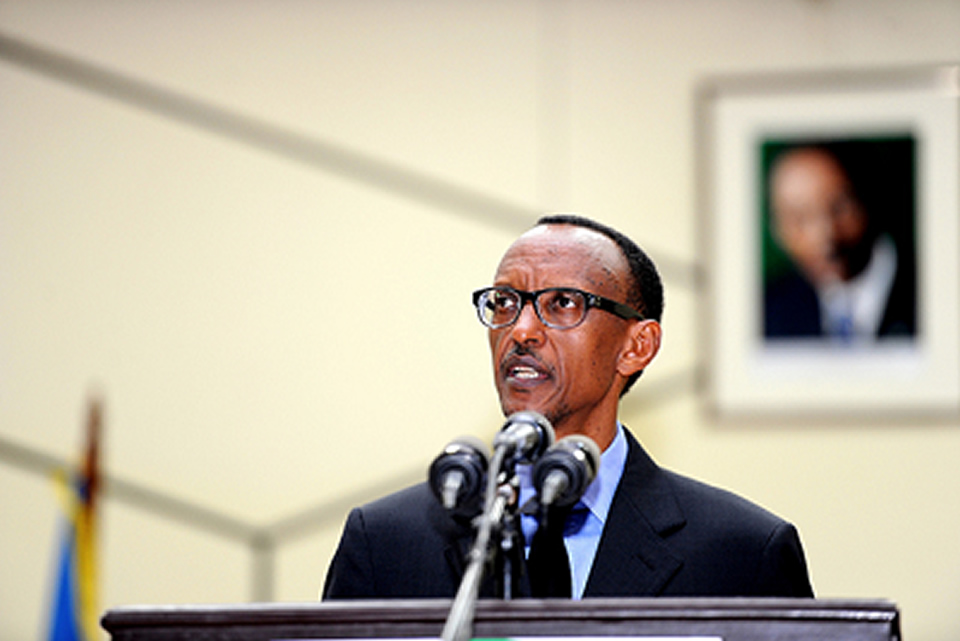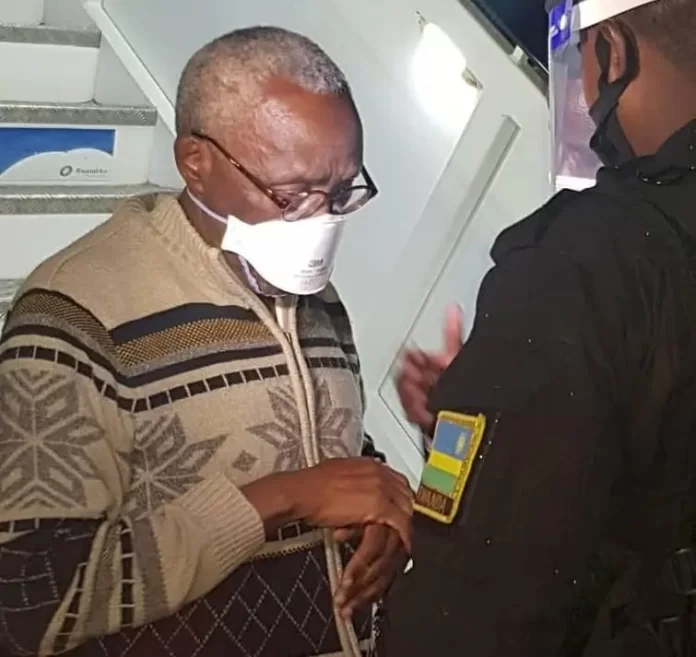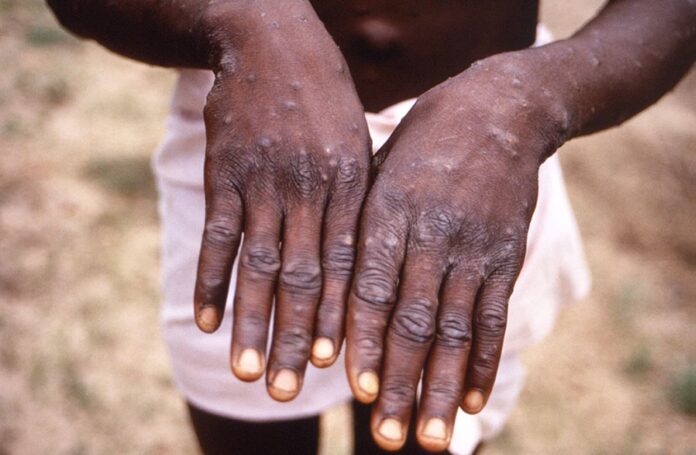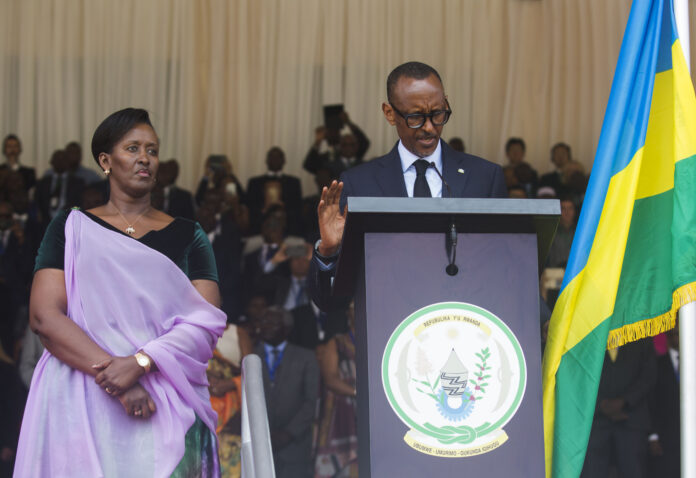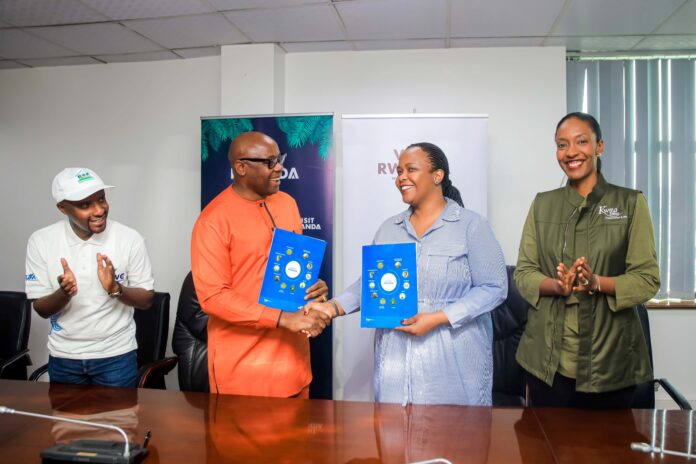We’ve all heard about people who gave up their life just because they could not keep on moving with whatever that comes their way. And you could be sitting in your house or anywhere wondering how someone can afford to sacrifice his own life like; which way? how exactly can a person hate himself at that extent?
In the study carried out by World Health Organisation (WHO), it is shown that more than 700000 people die by suicide every year, which is one person every 40 seconds and there are indications that for each adult who died there may have been more than 20 others attempting suicide at that time. In fact, for all the deaths worldwide, suicide accounted for 1.3% making it the 4th leading cause of deaths in teenagers between 15 and 29 years old globally in 2019.
With this information, suicide is a global phenomenon. The study also shows that 77% of suicides occurred in low and middle-income countries and we can say that suicide was and still is a serious public health problem.
Suicide is much more connected to mental disorders, particularly; depression. This is where a person starts to feel discouraged and sad, loses hope, become unmotivated with anything that actually excites him, seems uninterested with life, having problems with sleeping, no appetite or sex drive and sometimes a person may feel aches and pain in the body.
Many suicides happen in moments of crisis with a breakdown in the ability to deal with life stresses, such as financial problems, family conflicts, spouses break-up, at the stage of chronic diseases and illness, violence or any kind of abuse, loss of a loved one, lack of a support network and bullying or discrimination of any group.
We are in the middle of a global pandemic: “COVID-19” which has affected the lives of many in one way or another. so far Some have lost their jobs, some lost their families by Covid-19,others have been removed from their everyday occupations to reduce interactions between people, some entertainment activities have been stopped and with all that, social and economic lives of people are at stake. Some families hardly get what to eat, which in turn increase conflicts among individuals with everyone trying to get himself enough resources needed and at the end of the day, someone is so tired of that life that he cannot keep going through all that and that is where all the suicide attempts come from.
Even though it seems impossible but, suicide prevention is way possible that we can think. It all starts with recognizing the warning signs and taking them seriously. Psychologists say that suicidal individuals give warning signs of their intentions and the best way to stop them is by recognizing these warnings. These may include: talking about suicide, self-harm, like “I wish I hadn’t been born,” seeking out lethal means like guns, pills, knives or other objects that could be used, unusual focus on death or violence, writing poems or stories about death, feeling hopeless, trapped (there’s no way out), self-hatred, feeling like a burden, unusual visits or calls to family and friends while saying goodbye ,withdrawing from friends and family, increasing social isolations, desire to be left alone, self-destructive behaviours like increasing drugs use, unsafe sex, reckless driving, taking unnecessary risks, a sudden sense of calm and happiness after being depressed
People do not really hate themselves at the extent of wanting to die. The anger, sadness and pain that burn through them bring loneliness and suffering becomes unbearable that they feel like they are left with no other option except showing the world how that truly hurts when no one shows them that they care.
This concludes that suicide must be stopped in one way or another but, it has to start from individuals. You need to recognize what you and your loved ones are going through, care about yourself. You do not have to wait till life is not hard anymore, be present in a moment to listen to what your feelings are, remember; don’t judge yourself because you are not what happened to you, support yourself, love yourself and others in any way possible, be around people who are caring and positive and work with a therapist and keep this in mind: “whatever you’re going through will pass.”
